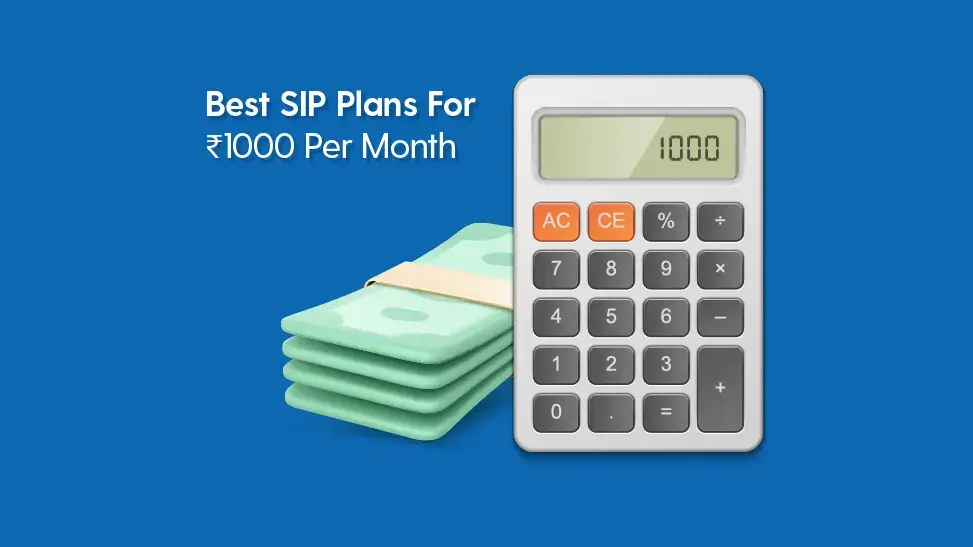Difference Between Demat & Trading Account

- Published Date: January 04, 2021
- Updated Date: January 29, 2025
- By Team Choice
A Demat account also known as dematerialized holds securities in electronic format and works as a savings account for your investments. A Trading account enables the buying and selling securities on the stock market, facilitating transactions and maintaining a record of all trades. Together, they streamline the trading process and manage your assets.
Demat Account vs Trading Account
Meaning:
Demat Account: A Demat account, or dematerialized account, holds securities (stocks, bonds, mutual funds) in electronic form, replacing physical share certificates. It serves as a digital vault for your investments.
Trading Account: A trading account is a platform that enables you to buy and sell securities on the stock market. It acts as an intermediary between you and the stock exchange for executing transactions.
Function:
- Demat Account: Its primary function is to securely store your securities and investments in digital format, providing an organized overview of your holdings.
- Trading Account: Its main function is to facilitate buying and selling securities on the stock market, allowing you to execute trades efficiently.
Purpose:
- Demat Account: The purpose of a Demat account is to provide a safe, efficient, and paperless method of holding and managing your investments.
- Trading Account: The purpose of a trading account is to enable you to capitalize on market opportunities by executing buy and sell orders on the stock market.
Role:
- Demat Account: Acts as secure storage for your securities and investments, ensuring they are safely held in electronic form.
- Trading Account: Acts as a transactional platform for trading securities, offering direct access to the stock market.
Nature:
- Demat Account: Functions like a savings account for your securities, holding them securely and allowing easy access when needed.
- Trading Account: Functions like a checking account, facilitating frequent and immediate transactions for buying and selling securities.
Transactions:
- Demat Account: Manages the electronic transfer of securities, reflecting credits and debits when you buy or sell investments.
- Trading Account: Allows you to execute trades instantly, placing buy and sell orders in the market.
Accessibility:
- Demat Account: Provides online access to your holdings, enabling you to view and manage your investments anytime from any device.
- Trading Account: Offers easy and fast online trading, often supported by mobile apps and web platforms for convenient access.
Connection:
- Demat Account: Works in conjunction with the trading account to store the securities you buy or sell, seamlessly handling ownership transfer.
- Trading Account: Connects directly to the stock exchange, facilitating the placement and execution of buy and sell orders.
Risk Level:
- Demat Account: Lower risk, as its primary function is to store and safeguard your securities, focusing on preserving your investments.
- Trading Account: Higher risk due to active trading, as investments are subject to market volatility and fluctuations.
Additional Points:
- Integration: These accounts work together to streamline your trading experience, with securities bought through the trading account being stored in the Demat account.
- Reporting: Both accounts provide detailed records of transactions and holdings, helping you track your investments and trades.
- Customer Support: Most brokerage firms offer customer support for both accounts, assisting you with any questions or issues you may encounter.
Benefits Of Trading Account
As a beginner choosing the best trading account often has benefits that make it very lucrative. Some benefits of a trading account are:
- Single Point Access: Access to multiple financial exchanges through one platform.
- Flexibility: Trade from anywhere at any time using your preferred device.
- Reliability: Access professional reports and insights to guide your investment decisions.
- Seamless Transactions: Execute trades quickly and efficiently, often within minutes.
- Personalization & Notifications: Receive tailored support and timely alerts.
- Accessibility: Trade during and after market hours through your online account.
Open a FREE Demat Account in 5 Mins.
- Free AMC for First Year
- Low DP Charges (₹ 10)
- No Auto Square Off Charges
- Free Research Advisory
How To Use Trading Account?
- Opening a Trading Account: Register with a stockbroker or brokerage firm.
- Understanding Stock Prices: Study market factors to identify buying and selling opportunities.
- Understanding Bids & Asks: Familiarize yourself with bid and ask prices to make profitable trades.
- Practice with Simulators: Use online stock simulators to gain experience without risking real money.
Benefits Of Demat Account
Let’s explore some of the key benefits of Demat Account here:
- Easy Storage & Transfer: Keep track of shares and trade with ease.
- Online Accessibility: Access your account from any device with an internet connection.
- Nomination Opportunities: Designate beneficiaries for your account in case of unforeseen events.
- No Paperwork: Eliminates the need for paper certificates, providing a safer and more efficient way to manage your assets.
How To Use Demat Account?
If you’re looking for an effortless way to get your hands on some shares but don’t want them to be paper-based share certificates, then a Demat account might be perfect for you.
A Demat account takes only minutes to open with an account password sent shortly afterwards using an internet connection - perfect if your current neighbourhood even has brick-and-mortar bank branches.
Check out these steps if you are looking to use a Demat Account soon:
- Opening a Demat Account:
To open a Demat account, you need the following:
1. To find a depository participant (DP), registration form
2. ID proof
3. address proof
4. PAN card
5. passport size photograph
agreement terms and charges from your DP, an in-person verification once completed, and paperless access to your account so long as the client IDs mailed to you via email or SMS work. Once a person has a shareholding or a Demat account, they can buy and sell shares at their pace while being provided receipts. - Combining with Trading Account: Use your Demat and Trading accounts together for seamless trading.
- Educate Yourself: Holding shares and securities in the Demat account has multiple benefits. It is a riskless way to hold various securities, allows you to trade shares immediately, automatically reconciles your trades timely, taxes can be saved on capital gains, and automatically collects dividends.
Wrapping Up
A Demat account holds securities electronically and acts as a savings account for your investments. A Trading account is used for buying and selling stocks on the market, facilitating transactions and keeping records. Together, they enable efficient trading and secure management of your assets. This guide explains how to use these accounts, their benefits, and how they streamline the trading process.
Recommended for you

FII DII Data - Live Data

Indian Stock Market Prediction For Next Week

10 Best SIP Plans For ₹1000 Per Month in 2025

Pharma Mutual Funds – Best Option to Invest in 2025?
Invest in best pharma mutual funds in India for 2020 with Investica. Explore our top recommended pharma mutual funds to start investing today.